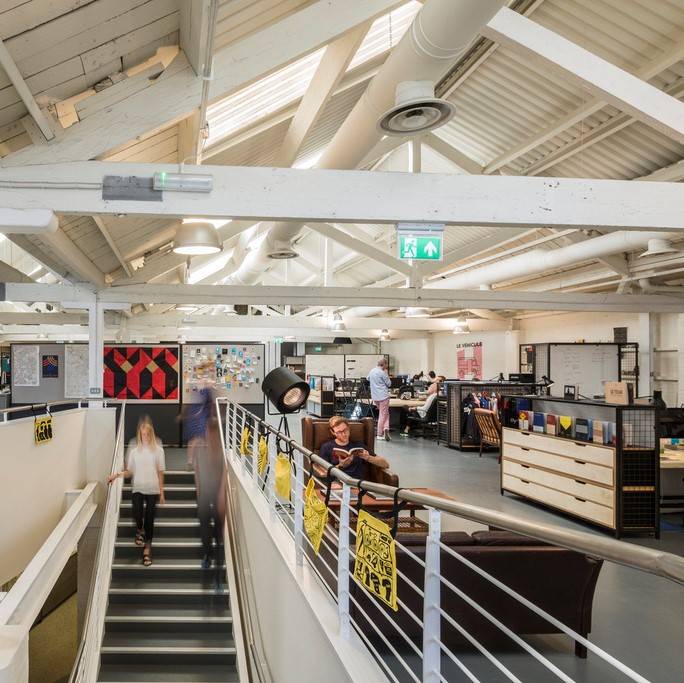July 2, 2020
Leaders need to develop a high care quotient for the new challenges they face
 Everything has taken a hit in 2020. Nothing has gone unscathed or unchanged – and the same goes for leadership. From boardrooms to living rooms, meeting rooms to spare rooms, leadership has moved away from face-to-face interactions to digital communications. Meanwhile, forward-thinking initiatives, spurred on by continuing diversity imbalances and widening gender pay gaps, have been put on hold. Following government guidance, only half of businesses published their 2018-19 gender pay gap report – which could reportedly push gender equality back a whole generation. We are risking losing sight of what’s important to us – and unless we’re intentional about how we make systemic, much-needed organisational changes, they’re not going to happen if we only focus on more ‘critical’ things, or keeping the lights on. (more…)
Everything has taken a hit in 2020. Nothing has gone unscathed or unchanged – and the same goes for leadership. From boardrooms to living rooms, meeting rooms to spare rooms, leadership has moved away from face-to-face interactions to digital communications. Meanwhile, forward-thinking initiatives, spurred on by continuing diversity imbalances and widening gender pay gaps, have been put on hold. Following government guidance, only half of businesses published their 2018-19 gender pay gap report – which could reportedly push gender equality back a whole generation. We are risking losing sight of what’s important to us – and unless we’re intentional about how we make systemic, much-needed organisational changes, they’re not going to happen if we only focus on more ‘critical’ things, or keeping the lights on. (more…)







 Flexible working arrangements are those which ‘allow employees to vary the amount, timing or location of their work’ and may include part-time working, mobile/home working, compressed hours or job-sharing – among others. Before the lockdown, according to the Chartered Institute of Personnel Development (CIPD), more than half of all employees in the UK used at least one form of flexible working, while a study by Gallup in the US suggests as many as 43 percent of employees already worked flexibly. The practice has been found to have positive effects on job satisfaction, employee commitment, reducing work-family conflict – and for many is now an essential component of modern working life.
Flexible working arrangements are those which ‘allow employees to vary the amount, timing or location of their work’ and may include part-time working, mobile/home working, compressed hours or job-sharing – among others. Before the lockdown, according to the Chartered Institute of Personnel Development (CIPD), more than half of all employees in the UK used at least one form of flexible working, while a study by Gallup in the US suggests as many as 43 percent of employees already worked flexibly. The practice has been found to have positive effects on job satisfaction, employee commitment, reducing work-family conflict – and for many is now an essential component of modern working life. 








 The role played by HR teams during the Coronavirus crisis has thrust the function into the spotlight and demonstrated the importance of an effective people strategy. That’s according to new research from
The role played by HR teams during the Coronavirus crisis has thrust the function into the spotlight and demonstrated the importance of an effective people strategy. That’s according to new research from 













July 3, 2020
Watch where you sit: new workplace setups could hit productivity
by Geoffroy de Lestrange • Comment, Wellbeing